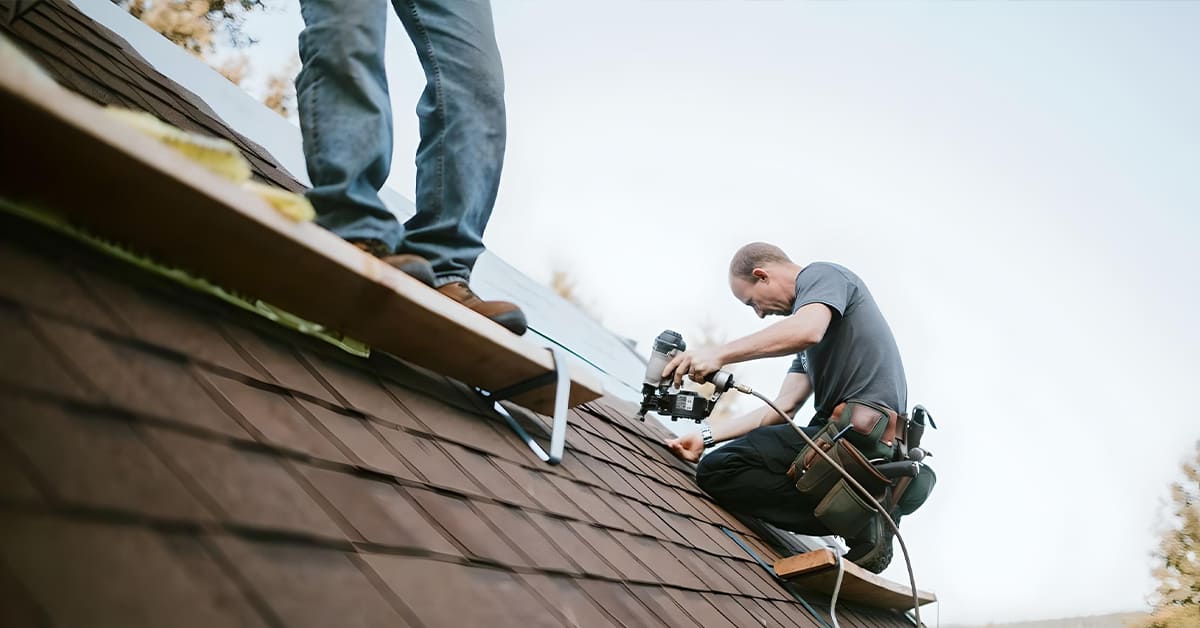The Importance of Roof Quality
A high-quality roof is a necessity. The roof serves as the first line of defense against weather conditions such as rain, snow, wind, and UV rays. Poorly designed or inferior roofs can lead to leaks, water damage, and higher energy costs due to poor insulation.
Types of Roofing Materials
There are various roofing materials to choose from, each with its own advantages and disadvantages. - Asphalt shingles: Popular for their affordability and durability. - Metal roofing: Although more expensive, it offers a longer lifespan and resistance to extreme weather. - Slate tiles: Known for their aesthetic appeal and excellent lifespan, but they are heavy and require strong structural support. - Clay and concrete tiles: They offer high durability and fire resistance. - Wood shakes or shingles: Provide a natural look but require more maintenance. The choice of material often depends on the specific needs and preferences of the building owner, considering factors such as climate, budget, and architectural style.
Roof Installation Process
The roof installation process begins with a thorough inspection of the current roof condition, followed by the removal of old materials if it's a replacement job. Waterproof barriers or membranes are then installed to provide additional waterproof protection. Roof decking is inspected and repaired if necessary. After the preliminary steps are completed, new roofing materials are carefully installed according to the manufacturer's guidelines. Attention to detail is crucial at this stage to ensure all components fit perfectly. Finally, a comprehensive inspection ensures the new roof meets safety standards, ready to provide lasting protection.
Roof Maintenance and Repairs
Regular maintenance is crucial for extending the life of a roof. It's best to inspect at least twice a year, ideally in spring and fall, checking for common issues like loose shingles, moss growth, and standing water. Keeping gutters clean to prevent water damage and addressing any signs of wear promptly is important. For minor repairs, replacing a few shingles or patching small leaks may be a simple DIY task. However, for larger issues or structural problems, it's best to hire professional roofers. Proactive maintenance can help identify and address issues, prevent problems from escalating, and save time and money.
Environmental Benefits of Roofing
Choosing environmentally friendly roofing solutions has significant positive impacts on the environment. Many materials, such as metal or clay tiles, are recyclable. Cool roof designs aim to reflect more sunlight and absorb less heat, helping reduce energy consumption by keeping buildings cooler. Green roofs covered with vegetation provide natural insulation, improve air quality, and reduce rainwater runoff. Sustainable roofing materials and designs help lower carbon footprints and can save on energy bills. With more consumers prioritizing eco-friendly options, manufacturers are increasingly offering sustainable and high-performance roofing products.
Cost vs. Value of Roofing
While high-quality roofing solutions may have higher initial costs, the long-term value often justifies the investment. Quality materials tend to have longer lifespans, reducing the frequency and cost of replacements. Energy-efficient roofs can lower utility bills, and well-maintained roofs can prevent costly repairs due to water damage and other issues. Additionally, a top-notch roof can enhance a home's aesthetic appeal and increase the resale value of the property. When evaluating roofing options, it's crucial to consider upfront costs and long-term returns. Investing in quality can provide reliable protection and financial benefits.
Choosing the Right Contractor
Selecting the right contractor is crucial for ensuring a successful roofing project. Look for reputable contractors, confirm through positive reviews and references. Ensuring they are licensed, insured, and experienced with the specific roofing materials being used is essential. Reliable contractors will provide clear, detailed estimates and be transparent about timelines and costs. They should also offer warranties on materials and workmanship. Good communication and professionalism are key indicators of a contractor's reliability. Taking the time to find skilled and trustworthy professionals can ensure a smoother installation process and a higher quality roof.
Conclusion
By understanding the importance of roof quality, the various available materials, the installation process, regular maintenance, environmental benefits, cost considerations, and selecting the right contractor, homeowners and property managers can make informed decisions to ensure years of durable and high-quality protection.

